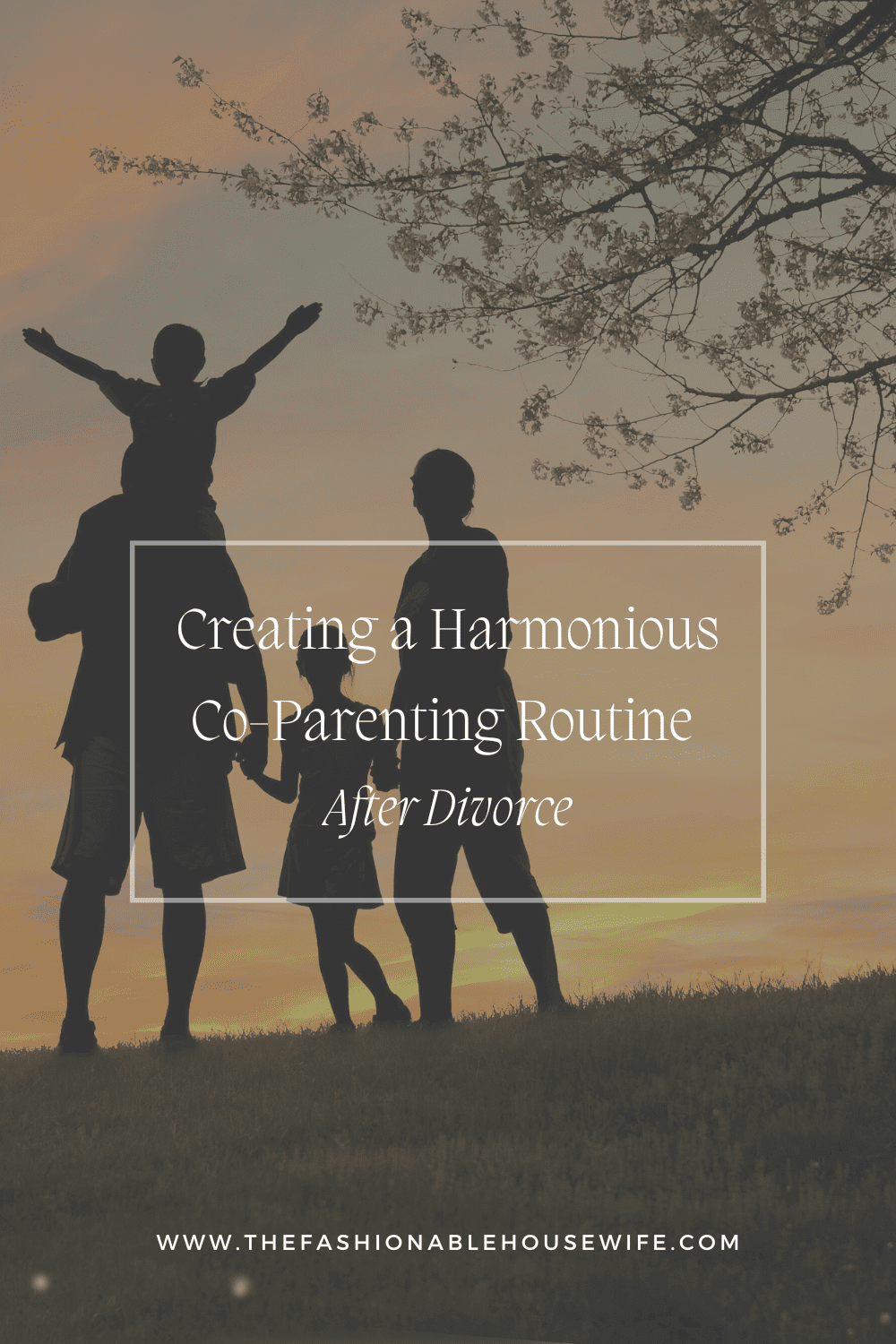Creating a Harmonious Co-Parenting Routine After Divorce

The aftermath of a divorce can be hard going, especially when children are involved. Emotions run high, communication can break down and the focus can shift from what truly matters: your children’s well-being.
Amid all this upheaval, it’s easy to lose sight of the fact that you and your ex-partner still share the responsibility for raising happy and healthy kids. Creating a co-parenting routine that prioritizes their needs and fosters a more amicable relationship with your ex-partner is key.
The importance of co-parenting
Even though your romantic relationship has ended, your roles as parents continue. Co-parenting allows your little ones to maintain strong relationships with both parents, providing them with stability and security during a challenging time.
When you and your ex-partner work together, you create a more positive and nurturing environment for your children. This helps them better adjust to the changes in their family dynamic.
Establishing clear communication channels
Effective communication is the cornerstone of successful co-parenting. This doesn’t mean you need to be best friends with your ex, but it does mean establishing respectful and clear ways of working together.
Consider using email or a co-parenting app to discuss important matters relating to your kids. This creates a written record of your conversations, which can be helpful for clarity and accountability.
Do whatever you can to keep your discussions focused on the children and avoid bringing up past grievances or engaging in arguments.
Developing a comprehensive parenting plan
A well-structured plan acts as a roadmap for your co-parenting journey. This should outline the details of your shared arrangements, including:
- Custody arrangements: Clearly define where your children will live and how much time they will spend with each parent.
- Holiday schedules: Decide how you will divide holidays and special occasions, ensuring fairness and consistency.
- Decision-making: Determine how you will make important decisions about your education, healthcare and extracurricular activities.
- Child support: Agree on financial contributions for your children’s needs.
A detailed parenting plan provides a clear framework for both of you, reducing the potential for misunderstandings and disagreements.
Seeking professional support when needed
Sometimes, creating a co-parenting plan or navigating challenging situations requires outside help. Don’t hesitate to seek professional support from someone such as a counsellor or mediator. They can offer guidance on communication strategies, conflict resolution and developing a parenting plan that meets your children’s needs. In some cases, you may need to consult with family law solicitors to formalize your arrangements through a court order.
Prioritizing the well-being of children
Your children’s well-being should always be your top priority. Put aside personal differences and focus on what is best for your kids. Encourage them to express their feelings openly and reassure them that both parents love them unconditionally.
By prioritizing the needs of your little ones and working together as co-parents, you can help them thrive despite the changes in their family structure.

